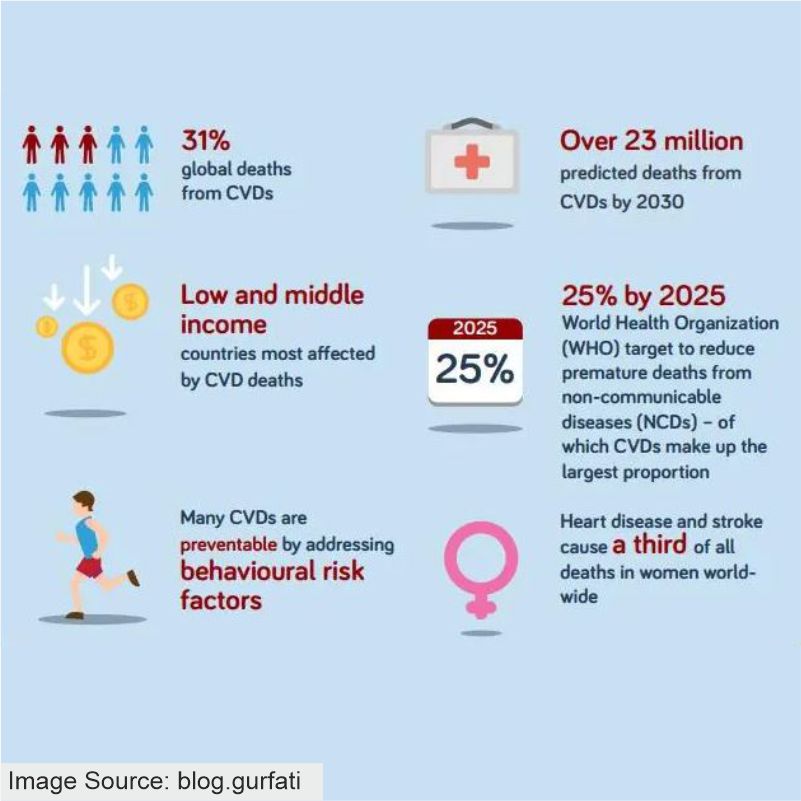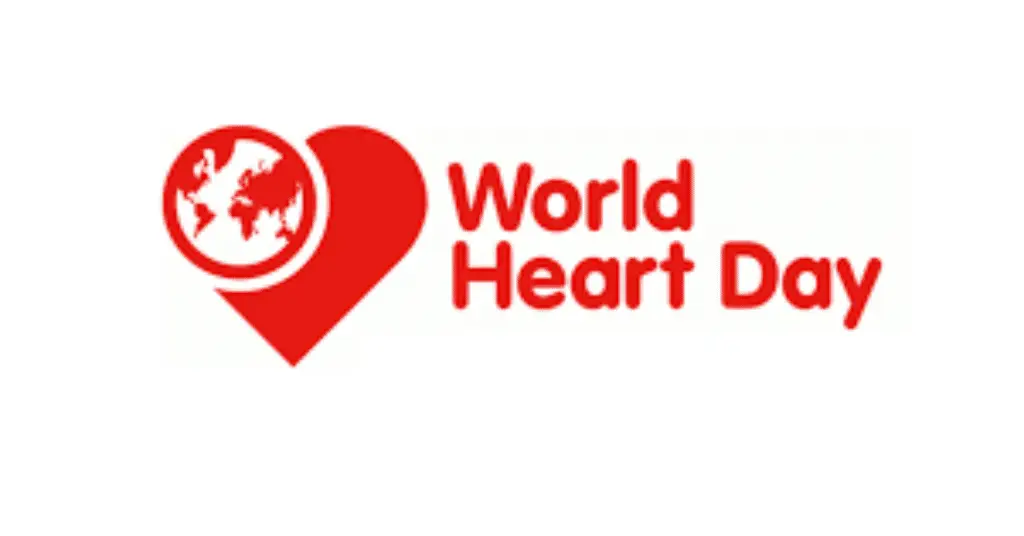World Heart Day is observed and celebrated yearly on September 29 to raise awareness of cardiovascular diseases and how to control them to reduce their global impact. The World Heart Federation, in partnership with the World Health Organization, established the international holiday. This notion was the brainchild of Antoni Bayés de Luna, who served as the World Heart Federation's president from 1997 to 1999. The inaugural annual event was held on September 24, 2000, and until 2011, World Heart Day was commemorated on the final Sunday in September.
Cardiovascular disease (CVD) is the leading cause of death worldwide. Every year, an estimated 17 million individuals die from CVD. The leading causes of these were coronary heart disease or strokes.
A prevalent misperception concerning CVD is that it affects more individuals in industrialised nations, where people rely more on technology and live sedentary lives. However, more than 80% of deaths occur in middle- and low-income countries. Fortunately, the primary causes of cardiovascular disease are changeable factors such as inactivity, smoking, and a poor diet. Cardiovascular diseases significantly impact countries' economic systems since treatment costs
are expensive, and failing to treat the disorders on time leads to lost productivity and protracted absences from work.
Every year, more than 90 countries participate in this international observance. As a result, World Heart Day has proven to be an effective strategy for spreading CVD information.
The high level of government and organisation involvement is especially critical for developing countries, which are significantly affected by chronic diseases.
Prevention is better than cure!
When it comes to one's health, particularly heart health, the saying "A stitch in time saves nine" is appropriate.
A few individuals tend to avoid routine health check-ups. When your car needs regular maintenance, how can it not apply to something even more complex, such as the human body, particularly the heart? Consider this: the heart beats approximately 100,000 times daily and about 35 million times yearly. The human heart beats more than 2.5 billion times in a lifetime! This emphasises the significance of regular check-ups.

In addition to frequent check-ups, it is critical to maintaining a structured, clean, and alert lifestyle. Mild to moderate exercise for 30 minutes five times per week is advised. Avoid sitting for a long time; individuals who work at a desk must take frequent, short breaks. Eating properly is essential to the greatest extent feasible; avoid processed foods, sweets, oils, and animal fat-based foods. It is also critical to manage stress and get at least seven hours of quality sleep daily. Tobacco-based goods put people at an increased risk of heart disease, which should be avoided.
Those with co-morbidities such as hypertension (blood pressure), high cholesterol, and diabetes should be extra cautious regarding heart-related risks.
How is Child Help Foundation helping?

Congenital heart defects are a significant cause of the decline in the infant mortality rate. Children suffer a lot because of heart defects that are either terminal or diagnosed way later in life. Child Help Foundation, to help save the lives of these children, provides emergency medical support to underprivileged children to protect them from the clutches of heart ailments and terminal illnesses.
